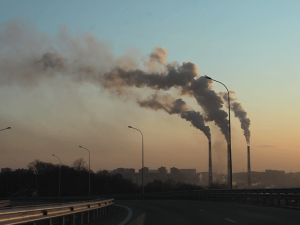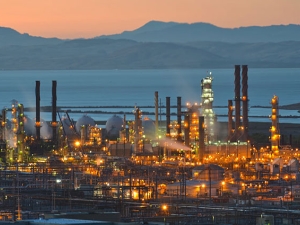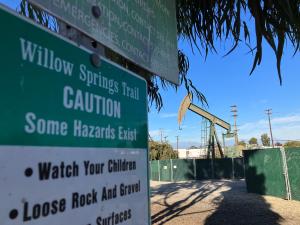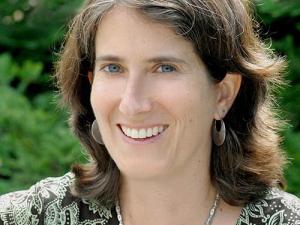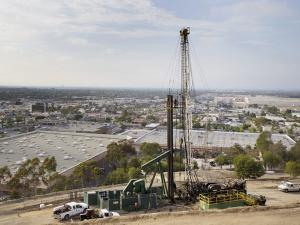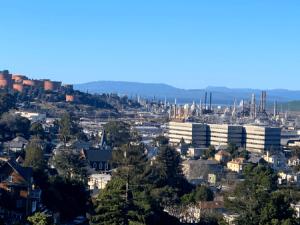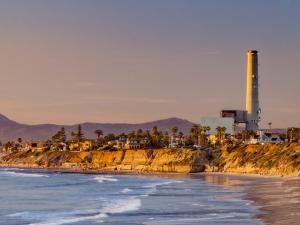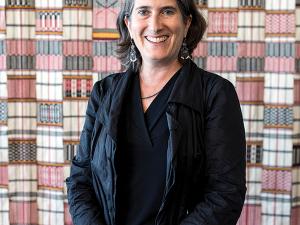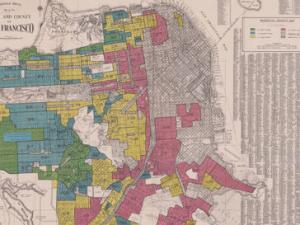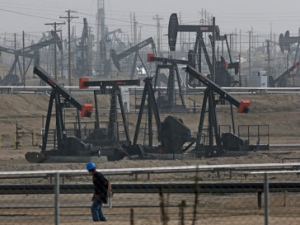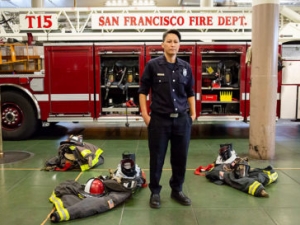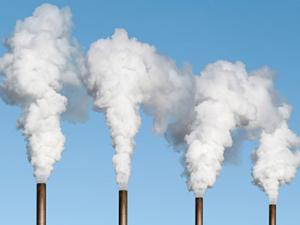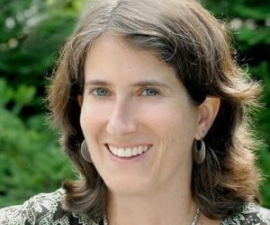

Research Expertise and Interest
environmental health, environmental justice, climate change and health, public impact research/scholarship, community-engaged research/scholarship, community-based research partnerships, social justice research
Research Description
Rachel Morello-Frosch is a Professor in the Department of Environmental Science, Policy and Management and the School of Public Health at UC Berkeley. For over 20 years, her research has examined social determinants of environmental health among diverse communities with a focus on inequality, psychosocial stress and how these factors interact with environmental chemical exposures to produce health inequalities. Much of her work has examined this environmental justice question in the context of climate change, ambient air pollution, exposures to environmental chemicals and effects on fetal growth and developmental outcomes, often using community-based participatory research methods for data collection. In collaboration with communities and scientists, Dr. Morello-Frosch has also developed science-policy tools for assessing the cumulative impacts of chemical and non-chemical stressors to improve regulatory decision-making and advance environmental justice. In addition to her scientific articles, Rachel is a co-author of Contested Illness: Citizens, Science and Health Social Movements. Her research is supported by NIH, NSF, Cal-EPA, the California Breast Cancer Research Program and private foundations. She is a member of the National Academy of Medicine.



